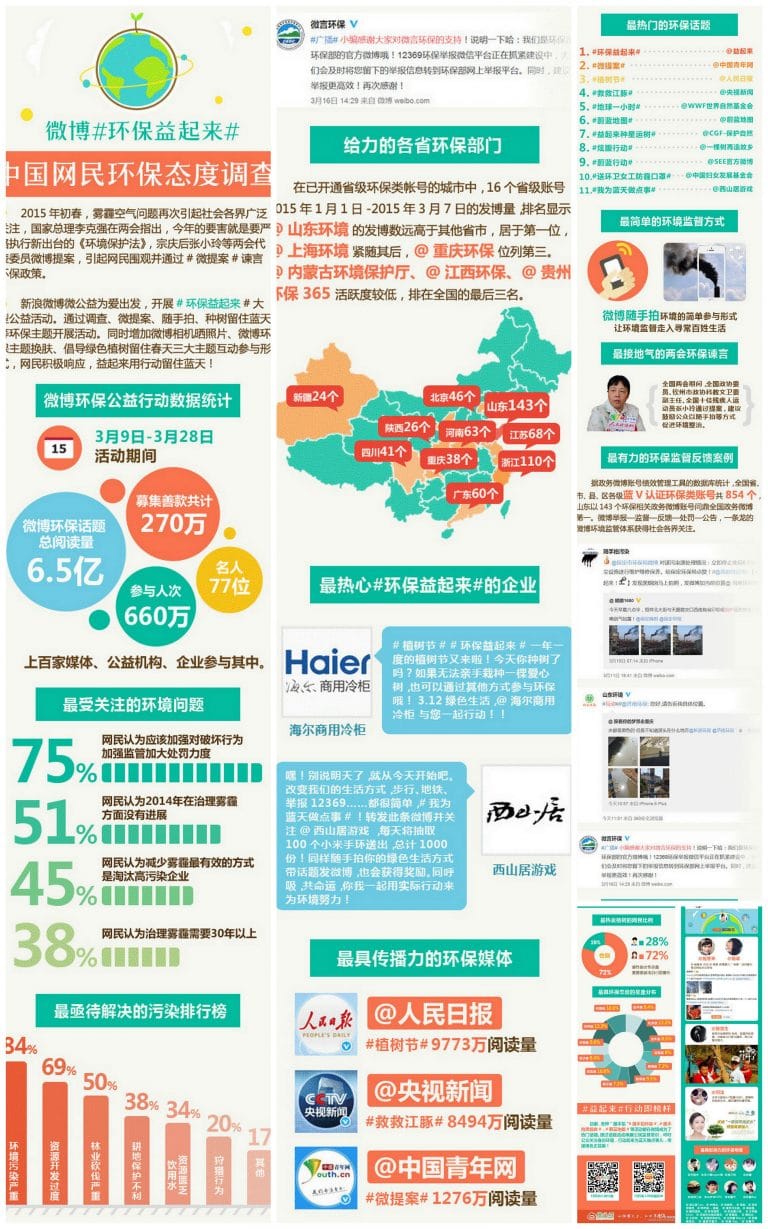
First major cooperation between Chinese NGOs in international disaster relief
In this China Youth Daily article, the One Foundation, China Foundation for Poverty Alleviation (CFPA), China Women’s Development Foundation in China are praised for being among the quickest Chinese NGOs to respond after a devastating earthquake struck Nepal on April…

